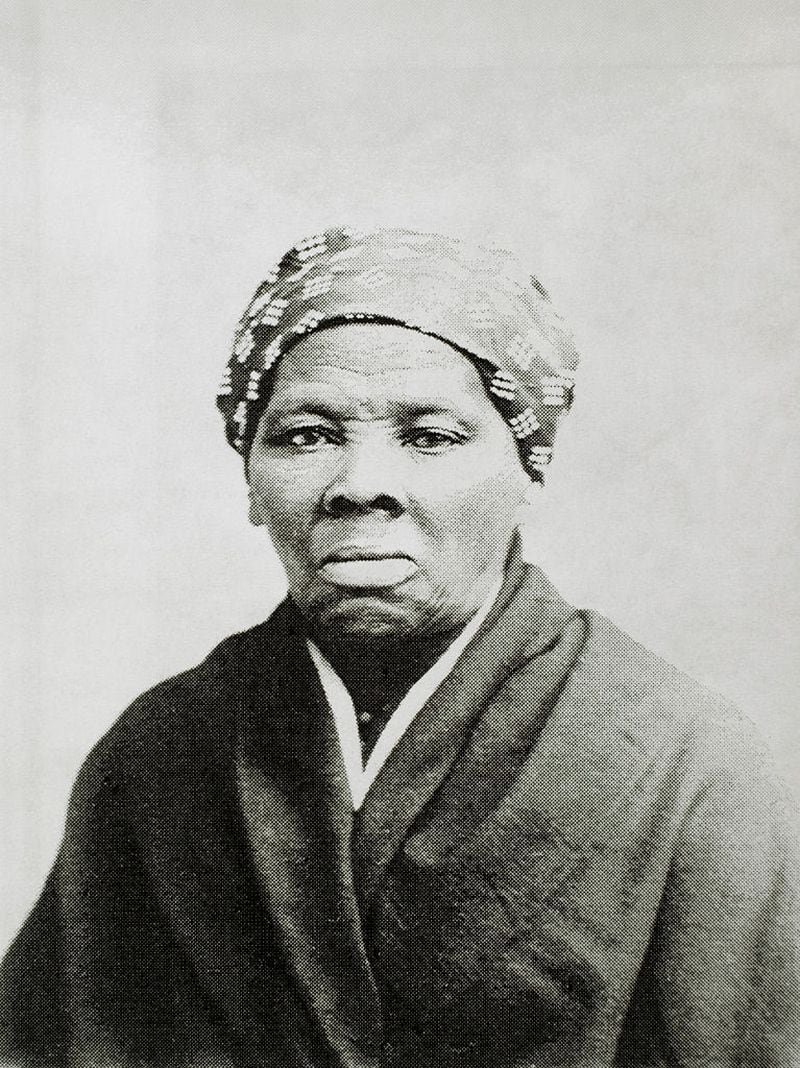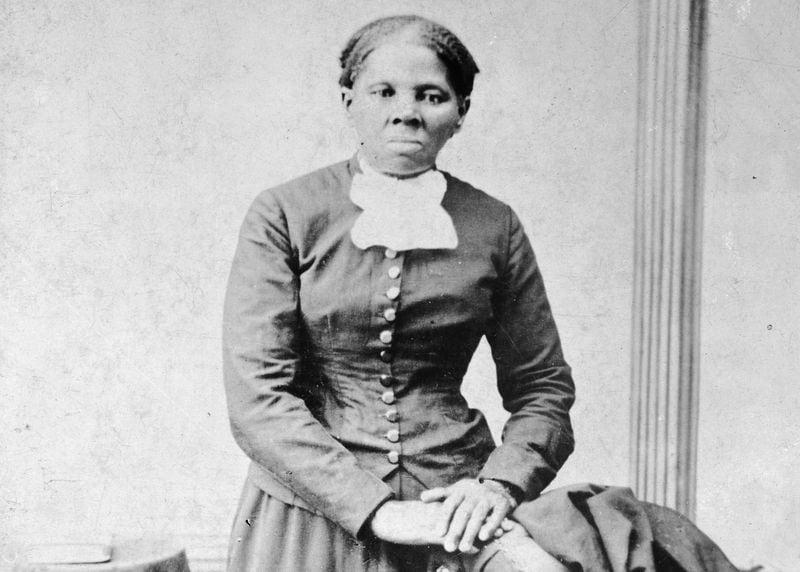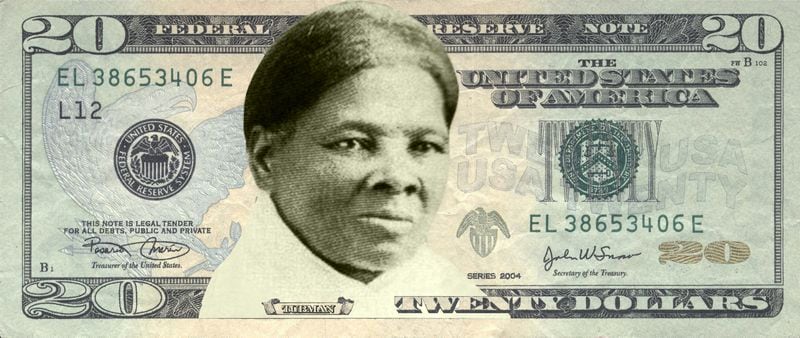“She was an original ‘badass.’”
That’s how one millennial admirer describes Harriet Tubman, a runaway slave who, after escaping bondage, made it her mission to rescue hundreds of enslaved black people.
“She carried a gun and when slaves said they wanted to give up, wanted to go back, she said that wasn’t an option,” said Tcherlie Macenat of the Haitian-American Consortium in Deerfield Beach, Fla.
Credit: Universal History Archive
Credit: Universal History Archive
Badass indeed. Tubman fit the textbook definition of the word: Tough, uncompromising, and intimidating is how historians describe her. During the Civil War she worked as a nurse, scout and armed spy for the Union Army.
She was the first woman to lead an assault during the war — the Combahee River Raid — which set 700 slaves free.
Tubman was the most famous conductor of the Underground Railroad, the elaborate, secret network of safe houses that offered shelter and aid to escaped slaves.
“I had reasoned this out in my mind, there was one of two things I had a right to, liberty or death; if I could not have one, I would have the other,” Tubman said in one of her speeches.
Born a slave in the 1820s, Tubman escaped a Maryland plantation for freedom in Pennsylvania. “I had crossed the line. I was free; but there was no one to welcome me to the land of freedom. I was a stranger in a strange land,” she told other abolitionists.
Hailed as the “Black Moses,” she risked her freedom and her life to go back into slave-holding states to lead her family members and hundreds of other slaves to freedom.
“She had the courage and caring to come back into hell to get people out,” said Wanda Muhammad, a Chicago native and Tubman admirer who became acquainted with Tubman through the 1978 movie, “A Woman Called Moses,” starring Cicely Tyson. “The more I came to learn about Harriet Tubman’s message and mission, l came to realize she had to have been tapped into her highest power,” said Muhammad. “She was a powerful leader and she actually changed the world by being an active force in bringing an end to slavery.”
After the war, Tubman became active in the women’s suffrage movement. She remained a tireless crusader for human rights until her death in 1913 at the age of 91. Her life from slave to national hero continues to inspire people today.
In 2016, the anti-slavery icon had been slated to replace Andrew Jackson on the $20 bill during the Obama Administration.
“Mother Harriet is a role model for me that I can do anything,” said Zakkiyah Lana, a Baltimore native who took an interest in Harriet Tubman after discovering Tubman’s Maryland roots. “She has helped me to see that when God gives you something to do … a calling … no matter how hard it may seem and may be, when you say ‘Yes’ to God … God will guide you and protect you and provide all that is needed to do what you have been called to do.”
Throughout February, we’ll spotlight a different African-American pioneer in the daily Living section Monday through Thursday and Saturday, and in the Metro section on Fridays and Sundays. Go to myAJC.com/black-history-month for more subscriber exclusives on people, places and organizations that have changed the world, and to see videos on the African-American pioneer featured here each day.









